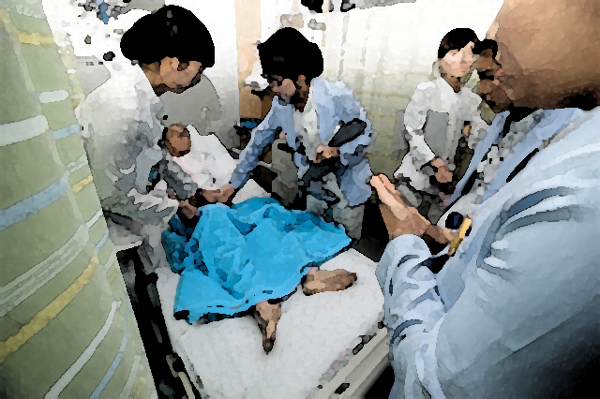In introducing the caregiving system to nursing hospitals, Korea should draw a plan to secure foreign care workers in addition to standardizing local nurses’ qualifications to make up for the caregiving workforce shortage, a local institute said.

Eson Medical Management Institute made these and other points in a paper, “Introduction of caregiving system to nursing hospitals and method to secure caregiving workforce,” released Monday.
According to Statistics Korea, the number of licensed care workers totaled 1.96 million in 2020. However, only 450,970, or 23 percent of the total, work at long-term care facilities. Among them, 381,359 caregivers worked at home care facilities, and 76,011 worked at nursing facilities. The other 1.51 million remained idle.
“Domestic nursing facilities experience difficulties getting Korean caregivers due to a combination of factors. Some are holders of duplicate licenses, with others obtaining licenses to receive dependent support expenses instead of working. In addition, there is a negative perception of nursing care,” the paper said. “Now is the time for Korea to devise plans to secure foreign caregivers, as Japan did.”
According to the institute, Japan employs foreigners who hold permanence residence visas, student visas, technical trainee visas, and Specific Visa No. 1 as nursing assistants.
“The government should expand the scope of visas to be introduced as nursing workforce,” the institute said. It then called for allowing people with specific activity visas (E-7) and non-professional employment visas (E-9) to work at nursing hospitals. Currently, only people with visiting-work visas (H-2) and overseas Koreans’ visas (F-4) can be employed by care hospitals.
The institute also said the government should provide standard qualifications to nurture a workforce with proper qualifications for caregivers. “It would be desirable for foreigners to complete theoretical and practical training in their home countries and acquire the ability to communicate in Korean before entering the country. They will then receive hands-on training at nursing hospitals where they will work before put into work,” it said.

